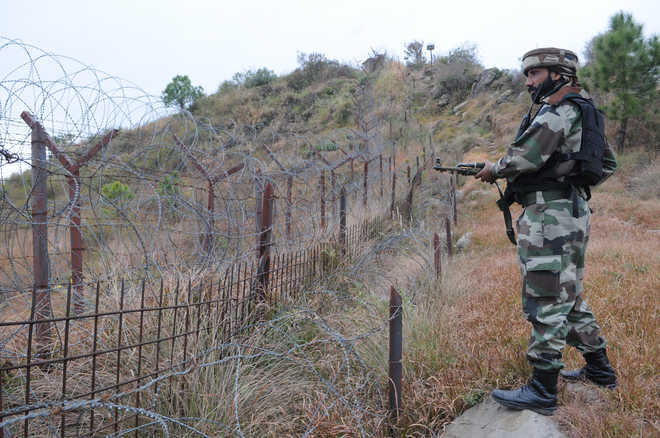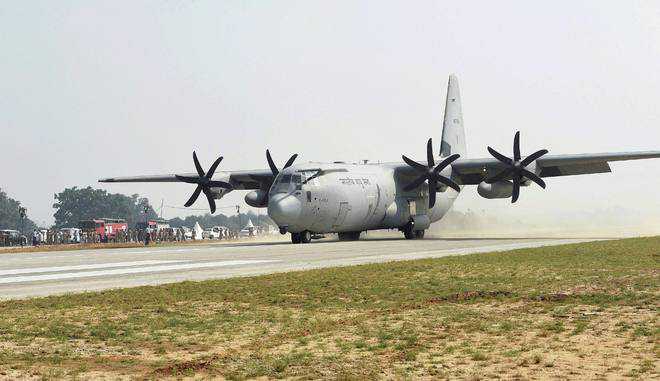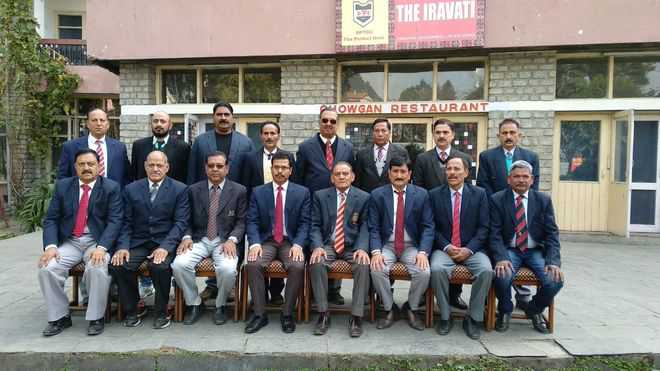My dear General,
May I take the liberty of communicating the *mood of the Armed Forces Veteran community after the most unfortunate and terrible way the veterans and family pensioners were treated by Delhi Police at Jantar Mantar* yesterday 30 Oct 2017.
I may be having difference of opinion with Veteran Maj Gen Satbir Singh, SM but the manner in which he and others were pushed and shoved around and bundled into police vehicles meant for criminals has not been digested by the serving as well as the veterans. Although the serving fraternity may not express their feelings due to obvious reasons, yet the *veterans have expressed their anguish on social media as well as Republic TV* (the only channel that dared to) telecast a prime time debate hashtagged *#IndiaWithVeterans*.
Notwithstanding individual perceptions of the participating veterans, one good trend that emerged from yesterday’s Republic TV debate was that *all Veteran participants were together in condemning the ill-treatment of our brethren at JM.* Most veterans have realised the need to be united as far as the honour and dignity of Veterans is concerned irrespective of any political or ideological leaning.
My personal view is that there has been *enough procrastination on part of the bureaucracy on the One Man Judicial Commission (OMJC)* and the *intention to resolve OROP anomalies remains suspect.*
Moreover, there has been *enough insults from the Government machinery by way of Police action on peacefully agitating veterans* at JM.
*OMJC has not yet been made public even after over one year of submission of Report by Hon’ble Justice L Narasimha Reddy.*
The crafty and scheming bureaucrats continue to have their say in surreptitiously *denying and degrading the status of Armed Forces. Warrant of Precedence (WoP) of Military Ranks totally disregarded by successive Central Pay Commission (CPC) and Armed Forces given a raw deal while all goodies have been granted to civilian counterparts*.
It is high time the voice of the Armed Forces (serving and veterans) is heard by the Hon’ble PM and RM and they deliver justice to the Armed Forces in their actions. If the issues are not addressed urgently it may worsen the matter with Armed Forces Veterans coming out in larger numbers.
May I therefore request you to kindly consider apprising the Chief the aforesaid sentiments expressed by veterans in a manner you consider appropriate.
With warm regards,
Yours sincerely,
🇮🇳 Jai 🇮🇳 Hind 🇮🇳
Brigadier R Vinayak VSM, AAD
‘Veteran’
Bhopal











 HT PHOTO
HT PHOTO




























































